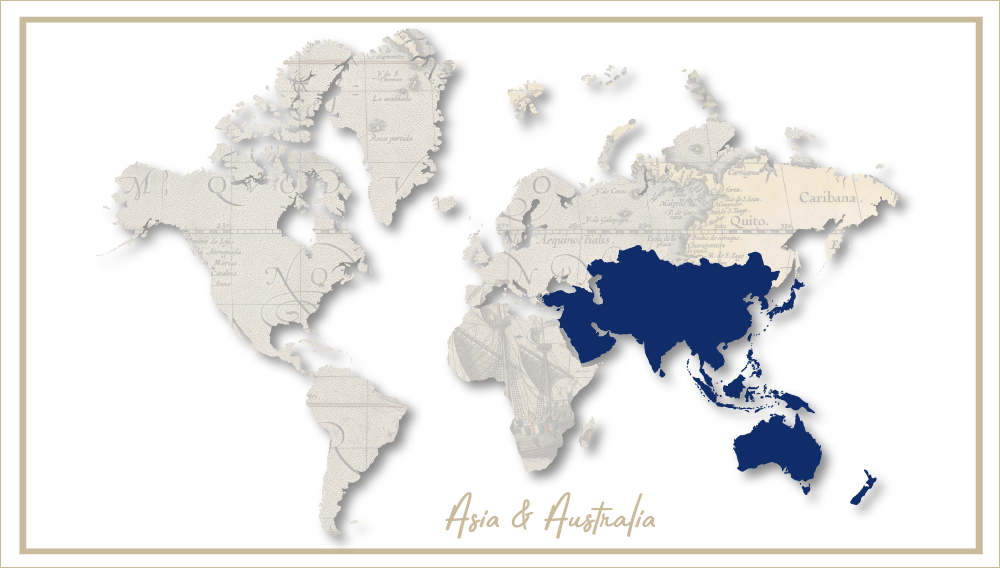AB-InBev may float brewer CUB after SABMiller deal
Oh Lordy, how many changes in ownership can the brewer CUB take? Until 2011 CUB was part of Foster’s, which then sold it to SABMiller for AUD 12.3 billion (almost USD 12 billion in those days).
Now AB-InBev is believed to be considering a sale of CUB by taking it to the stock market, Australian media reported at the end of November 2015.
According to rumour, the move is currently up for discussion at the global company, which agreed to buy rival SABMiller for USD 110 billion this year.
AB-InBev is already briefing investment banks in Europe as it looks to put SABMiller’s global brands such as Peroni and Grolsch on the block.
Although obscenely profitable, some analysts - not all - think that AB-InBev considers CUB and the Australian beer market as “non-core” to its overall global operations.
A final decision has yet to be made, though.
The AB-InBev+SABMiller transaction is not expected to face regulatory hurdles in Australia, where SABMiller has 39 percent market share, behind Lion, owned by Japanese brewer Kirin.
Insiders think that floating CUB would be a smart move, especially when AB-InBev terminate their contracts for the brands Corona, Stella Artois and Becks with Lion and return them to CUB. This will make CUB again Australasia’s largest brewer by some margin.
True, CUB may not enjoy much growth in a beer market which has been basically flat for some time, but with compulsory superannuation contributions by law in Australia, fund managers are awash with cash at an ever increasing rate. So they would not be averse to investing in low growth annuity type stocks.
CUB may only offer low single digit profit growth, however it will have strong, stable cash flows off a commanding market position with high barriers to market entry.
To make the float even more attractive, AB-InBev may also consider rolling in an Asian territory to give the business a growth angle.
Hence, from AB-InBev’s “global view”, relative to other opportunities post-merger, exiting Australia and repaying debt would be very clever.
Alternatively, some observers say that the business could be sold to private equity rather than get a listing. But buyout firms traditionally cash out of companies in the short term after making hefty profits through slashing costs. As SABMiller is seen as an expert at extracting costs, this would limit the upside for private equity.
For the company to be sold for a price as high as AUD 13 billion (USD 9.4 billion), CUB would need to be making about AUD 900 million (USD 649 million) in net profit, far higher than had been achieved when it was sold, sources said.
AB-InBev has already agreed to offload SABMiller’s 58 percent stake in MillerCoors, its U.S. joint venture, for USD 12 billion, to sidestep American competition watchdogs.

